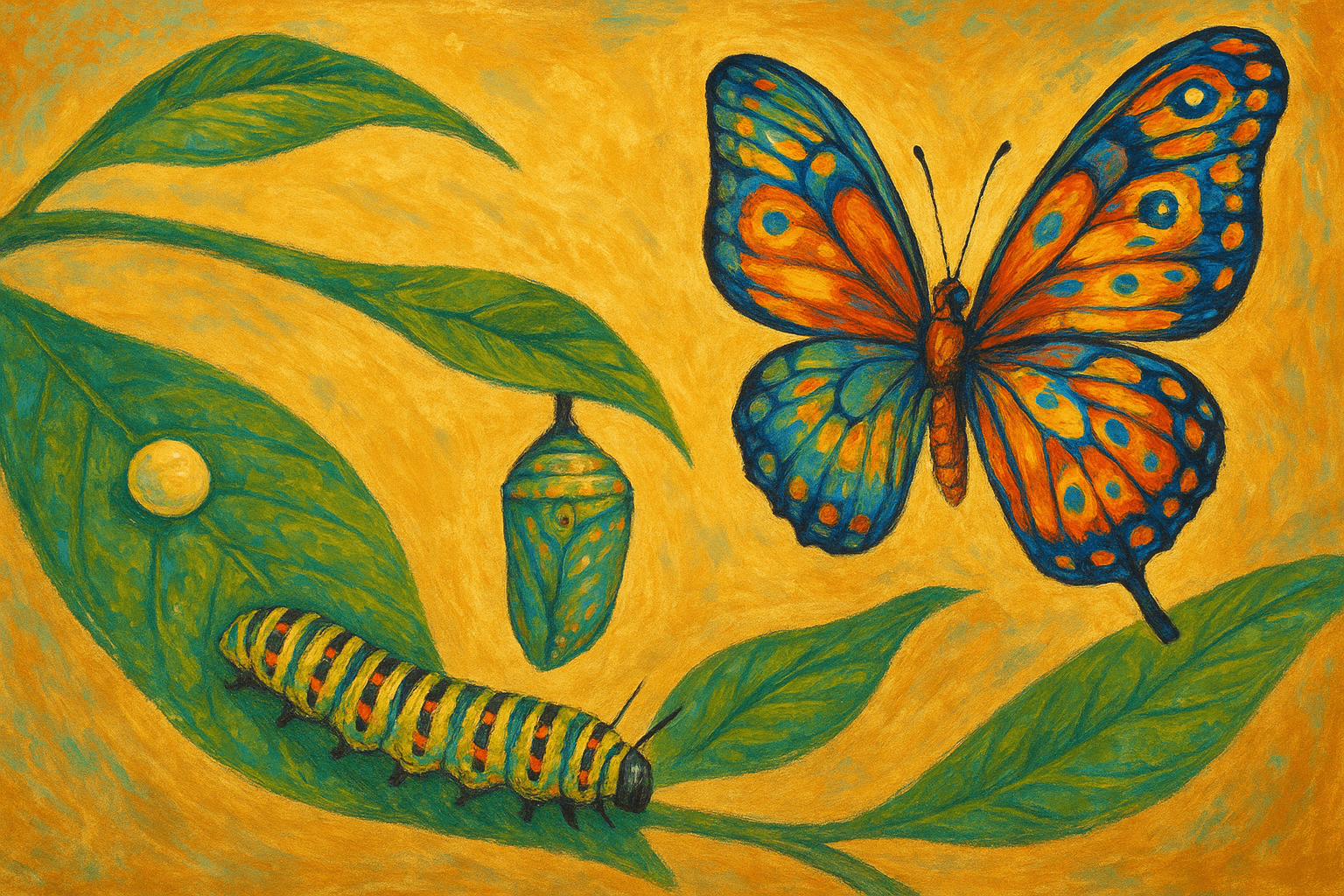Unpacking Talent, Originality, and Creative Perseverance

Talent is a long patience, and originality an effort of will and intense observation. — Gustave Flaubert
—What lingers after this line?
One-minute reflection
Where does this idea show up in your life right now?
Redefining Talent as Perseverance
Gustave Flaubert’s statement begins by challenging the popular view of talent as a mystical gift. Instead, he frames talent as 'a long patience'—suggesting that what we often interpret as innate ability is, in reality, endurance over time. This redefinition echoes Thomas Edison’s famed adage that “genius is one percent inspiration and ninety-nine percent perspiration,” emphasizing that persistent effort, rather than immediate brilliance, fosters remarkable achievement.
Originality Through Willpower and Observation
Seamlessly moving from talent to originality, Flaubert highlights that creative innovation is not a matter of luck but of 'effort of will and intense observation.' Here, originality is depicted as the outcome of conscious striving and a practiced attentiveness to life’s subtleties. Like the Impressionist painters who revolutionized art by meticulously observing light and shadow, Flaubert suggests that true novelty is the result of persistent, mindful effort.
Patience and Resilience in the Creative Process
Linking patience with creativity underscores the resilience required to cultivate both talent and originality. Much like authors who labor for years over a single novel—such as Flaubert himself did with 'Madame Bovary'—the creative journey is marked by setbacks, revisions, and gradual mastery. This long-term perseverance weaves together the threads of failure and progress, reinforcing the idea that meaningful work is seldom hurried.
Observation as the Seed of Innovation
Building upon these ideas, intense observation becomes the seedbed for fresh ideas. Scientific innovators like Charles Darwin, who spent decades observing subtle variations in finches before publishing his theory of evolution, exemplify how careful study of the familiar can yield unprecedented insights. Flaubert’s perspective encourages us to look beyond the obvious, claiming that deep engagement with reality is the true source of creative distinction.
Willpower: The Driving Force Behind Mastery
Tying the concepts together, Flaubert identifies willpower as the motor propelling both patience and observation. Whether refining a literary draft or composing a symphony, sustained intentionality is crucial. Studies on deliberate practice—such as Anders Ericsson’s research—affirm that those who consciously strive to improve, pushing past comfort and embracing rigorous effort, ultimately acquire mastery. In this way, talent and originality are achieved less by chance than through the determined pursuit Flaubert extols.